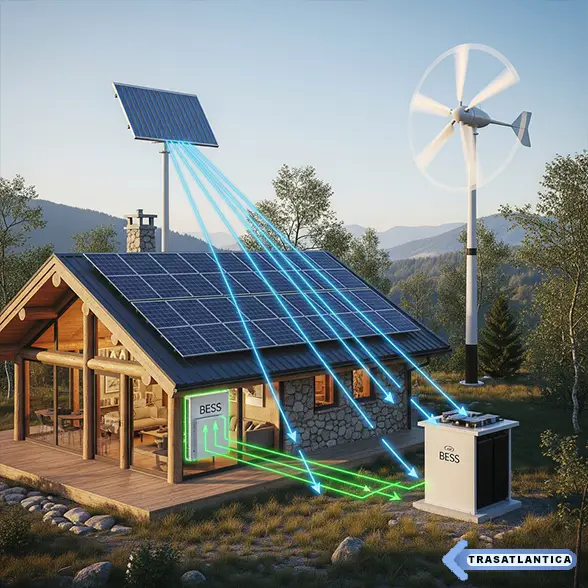Energy Storage plays a fundamental role in enabling off grid living by providing reliable and autonomous power solutions. These systems allow households and communities to generate, store, and use energy without dependence on centralized grids. As renewable energy adoption rises, storage technologies ensure consistent power supply despite intermittent sources like solar and wind. This capability fosters energy independence and resilience in remote locations.
Advancements in Energy Storage Technologies for Remote Areas
Recent progress enhances storage capacity, efficiency, and lifespan, making off grid systems more practical and affordable. Modular battery units allow customization based on specific energy needs. Integration with solar panels or small wind turbines maximizes energy harvesting and usage. Furthermore, improvements in energy management systems optimize consumption patterns, extending autonomy and reducing costs.
Economic and Environmental Benefits of Off Grid Storage Solutions
Using storage systems in off grid settings reduces reliance on fossil fuel generators, cutting emissions and noise pollution. This shift benefits both the environment and the quality of life for residents. Additionally, lower operating expenses and minimal maintenance requirements improve affordability. Supportive policies and subsidies further encourage adoption, driving market growth and technological innovation.
Challenges in Implementing Off Grid Storage Systems
Despite advantages, off grid storage faces challenges including initial investment costs and technical expertise requirements. Ensuring system reliability under varying climate conditions demands robust design and regular monitoring. Access to quality components and after sales support remains critical. Addressing these barriers involves collaboration among manufacturers, policymakers, and local communities.
Future Outlook for Energy Storage in Off Grid Living
Emerging trends focus on hybrid systems combining multiple storage and generation methods for enhanced resilience. Smart grids and IoT technologies enable real time monitoring and remote management. Research into new materials and recycling methods promises sustainability improvements. Overall, these developments support broader adoption and improved performance of off grid energy solutions.
In conclusion, energy storage underpins the feasibility and growth of off grid living by delivering dependable and clean power. Continued innovation alongside policy backing will accelerate transition toward energy autonomy worldwide.
